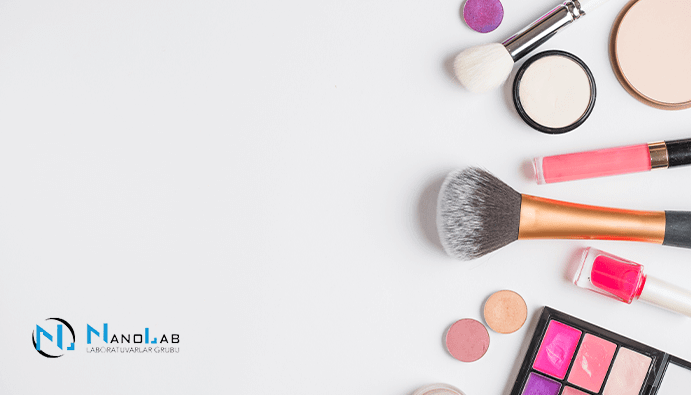Heavy Metal Test
The biggest concern of consumers regarding cosmetic products is the presence of heavy metals. Arsenic, especially in cosmetic products; lead, arsenic, cadmium, mercury and antimony analyzes are carried out within the scope of “Heavy Metal Tests”.Heavy metals, which can be found naturally on the earth and in water, as well as formed at the end of industrial developments, can also be found naturally in cosmetic products that may contain dyestuffs. Heavy metal exposure with cosmetic products; dermal absorption can occur via mucosal and oral absorption routes.
Some health problems may occur as a result of long-term use of cosmetic products containing heavy metals above the limits specified in the Turkish Medicines and Medical Devices Agency Guidelines on Heavy Metal Impurities in Cosmetic Products and Cosmetics Regulation.
Bullet; It is a heavy metal that damages the central nervous system and kidneys in particular. Lead exposure is generally higher in children than in adults.
Arsenic; International Agency for Research on Cancer (IARC) has been determined as Group 1 “human carcinogen”. As arsenic accumulates in the hair, nails and skin, its undesirable effects begin to appear.
Cadmium; International Agency for Research on Cancer (IARC) has been determined as Group 1 “human carcinogen”. Prolonged and repeated exposures cause health problems related to cadmium.
Mercury; It is a heavy metal found in different forms and the amount of oral absorption is determined according to the form it is in. Different forms are toxic. The World Health Organization (WHO) evaluates the temporary tolerable daily amount as 2 μg/kg body weight/day for total mercury and 1.6 μg/kg body weight/day for methyl mercury.
Antimony; An average of 5 μg of antimony is taken into the human body daily by natural means. Overdose affects the skin, lungs, cardiovascular system and liver adversely.
Within the scope of the regulation;
a) Limit values for cosmetic products;
Lead: 20 ppm
Arsenic: 5 ppm
Cadmium: 5 ppm
Mercury: 1 ppm
Antimony: 10 ppm
b) The maximum acceptable limit values for toothpastes are given below:
Lead: 1 ppm
Arsenic: 0.5 ppm
Cadmium: 0.1 ppm
Mercury: 0.2 ppm
Antimony: 0.5 ppm


